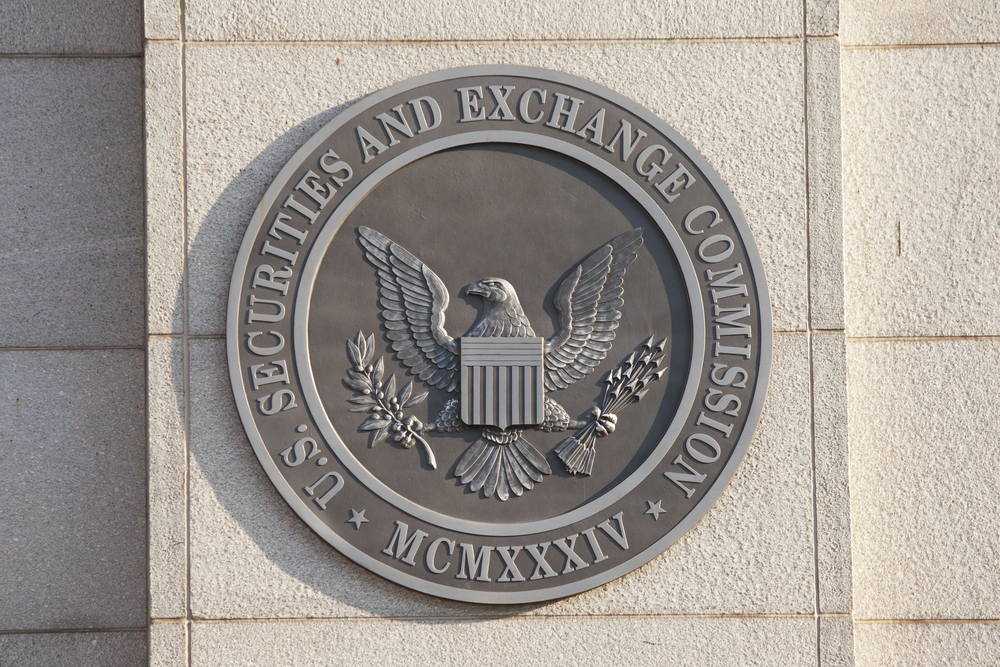The SEC has signaled plans to double down on its FCPA enforcement efforts and speed up FCPA investigations. On November 9, 2017, Steven Peikin, Co-Director of the SEC’s Enforcement Division, delivered a speech at New York University School of Law to commemorate the 40th anniversary of the FCPA and the 20th anniversary of the Organisation for Economic Co-Operation and Development Anti-Bribery Convention. In his speech, Peikin stressed the importance of the FCPA to the Commission’s enforcement mission and noted that the Commission will continue its commitment to FCPA enforcement. Pointing out that the Commission has brought 106 FCPA-related actions against individuals and corporations since forming its designated FCPA Unit in 2010, Peikin highlighted the Commission’s success in fostering a more predictable and uniform approach to FCPA enforcement and domestic and international partnerships in fighting corruption.
Peikin stressed the importance of collaborating with international colleagues in the fight to “eradicate[e] corruption and bribery” and pointed to recent global settlements, including the settlement with Telia (reported here), as examples of successful cross-border coordination and cooperation. Citing deterrence and investigation efficiencies as key benefits of global coordination, Peikin noted that he expects “the trend of the Enforcement Division working closely with foreign law enforcement and regulators in anti-bribery actions to continue its upward trajectory in the coming years.” READ MORE








